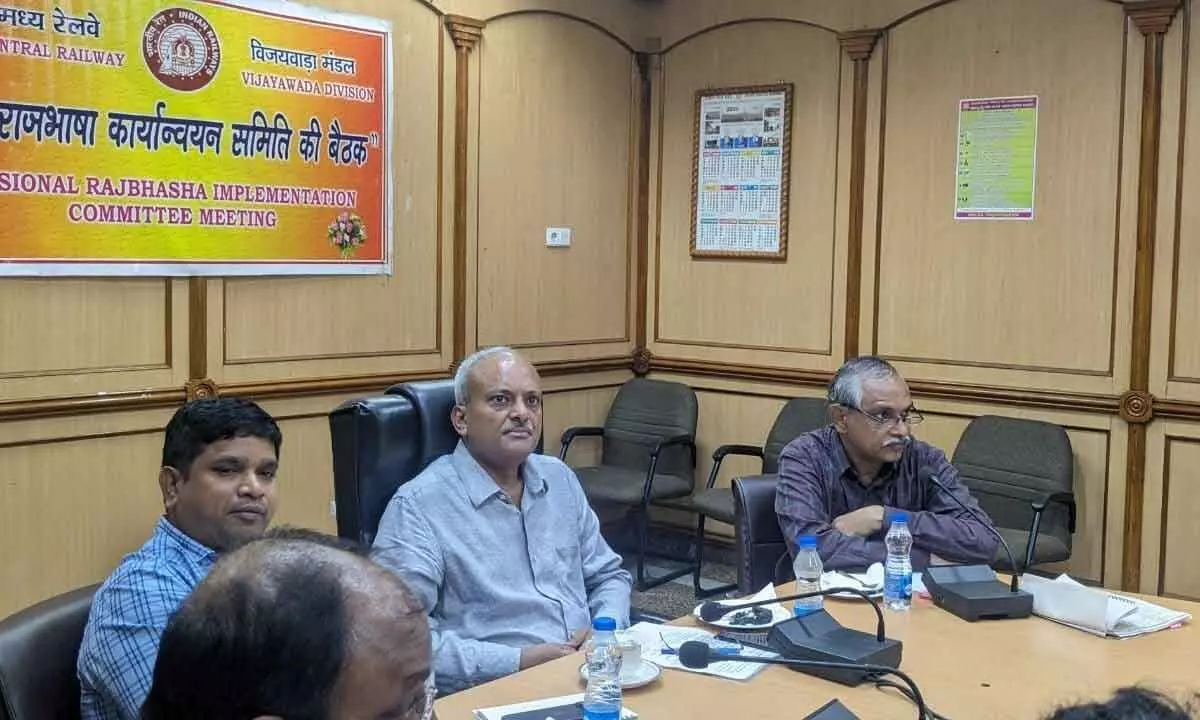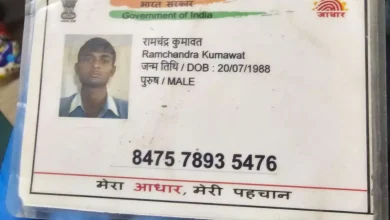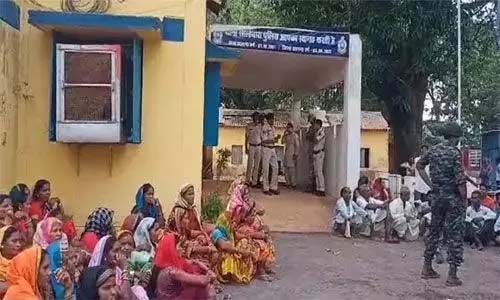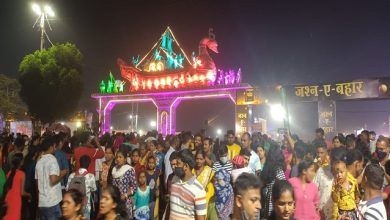Punjab: Experts warned against transplanting paddy from June 1
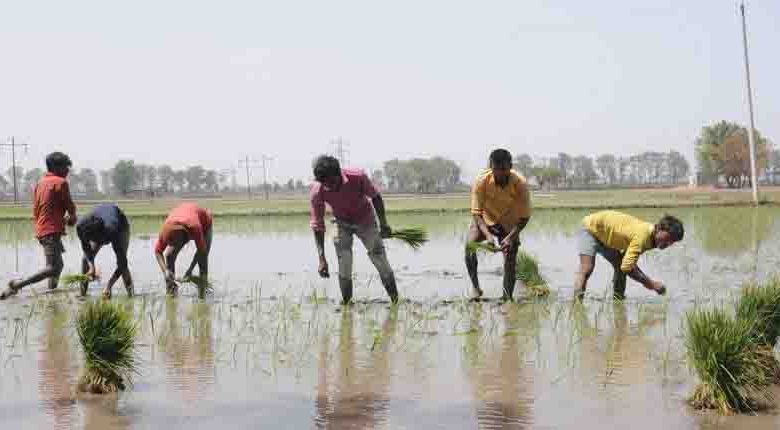
Punjab: Agriculture experts have raised serious concerns over the Punjab government’s decision to extend the paddy transplantation date to June 1, warning that it could lead to rapid depletion of groundwater. Chief Minister Bhagwant Mann’s announcement has raised apprehensions among agriculture experts that farmers may return to cultivating long-duration paddy varieties, which could lead to further stubble burning in October and November and result in air pollution. Noted economist and former vice-chancellor of Punjab Agricultural University (PAU), Dr SS Johal, has strongly criticised the decision, calling it “completely unwise”. He advocated deferring the transplantation dates beyond June 15, ideally to the last week of June, citing scientific studies that have shown better crop yields when sowing is done at the end of the month.
“Do they want to exhaust all the groundwater? This move will further accelerate the desertification of Punjab,” said Dr Johal. Dr Johal said, “Late Chief Minister Parkash Singh Badal and former Chief Minister Amarinder Singh are primarily responsible for the depleting water-table due to their populist policies of providing free water and electricity for agriculture, which has led to its massive misuse. Now, this decision to extend the date will further aggravate the matter.” He highlighted the ongoing water crisis in Punjab and stressed that any phased transplantation of paddy should begin after June 15. He said farmers and agricultural scientists are experimenting with various water-saving techniques like direct sowing of rice and row planting to conserve resources.
However, extending the transplantation date may lead to farmers shifting to long-duration paddy varieties, resulting in more stubble burning and worsening air pollution. “Instead of taking arbitrary decisions based on populist politics, we should follow the recommendations of the Punjab Agricultural University,” he said. Echoing Dr Johal’s concerns, former PAU vice-chancellor BS Dhillon warned that if groundwater exploitation continued at this rate, Punjab’s groundwater resources up to 300 metres could be exhausted in 20-25 years, while water at a depth of 100 metres could disappear within a decade. “At this pace, we will soon exhaust a third aquifer, leaving us with nothing,” Dr Dhillon said. “Instead of extending paddy transplantation dates, we should promote short-duration paddy varieties,” he added.


